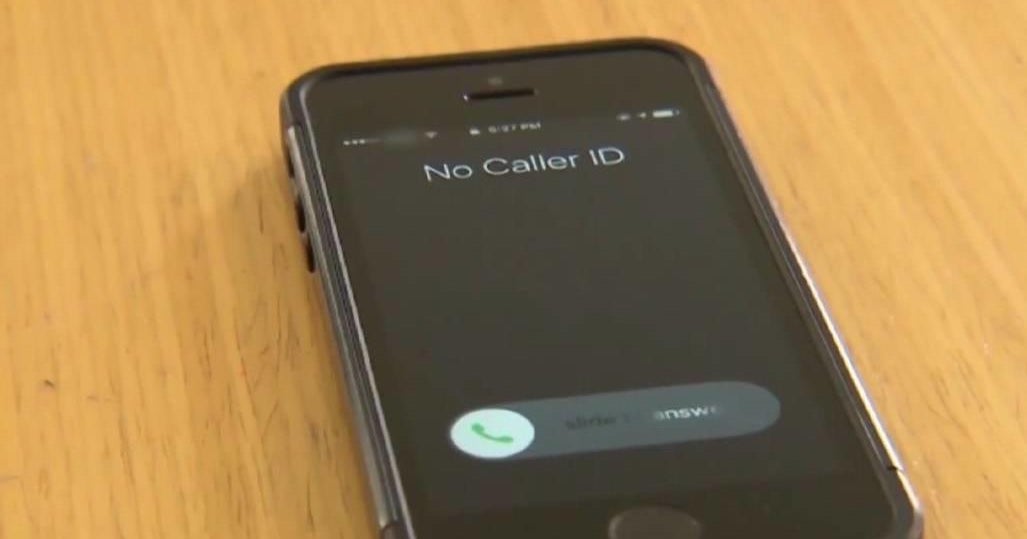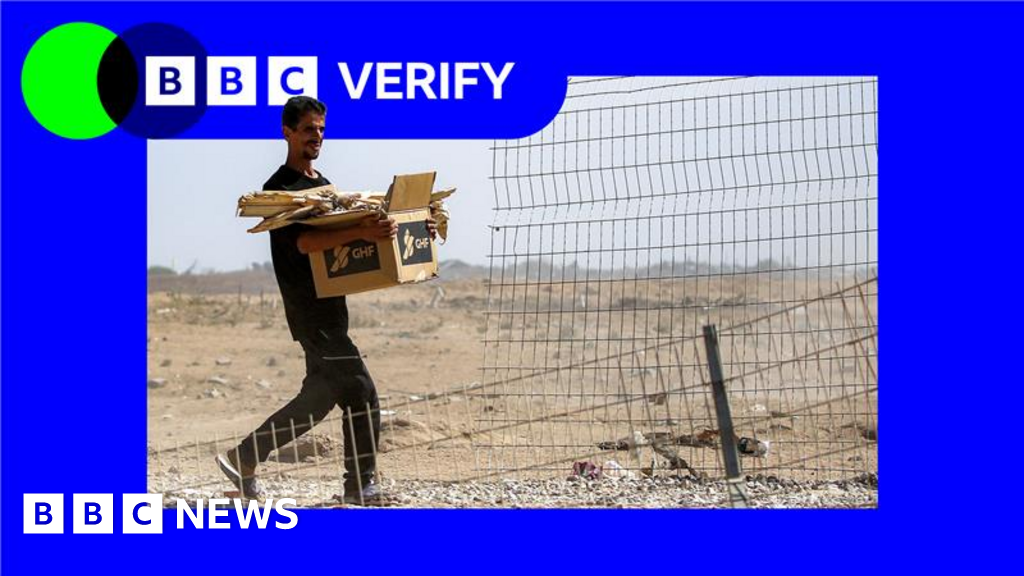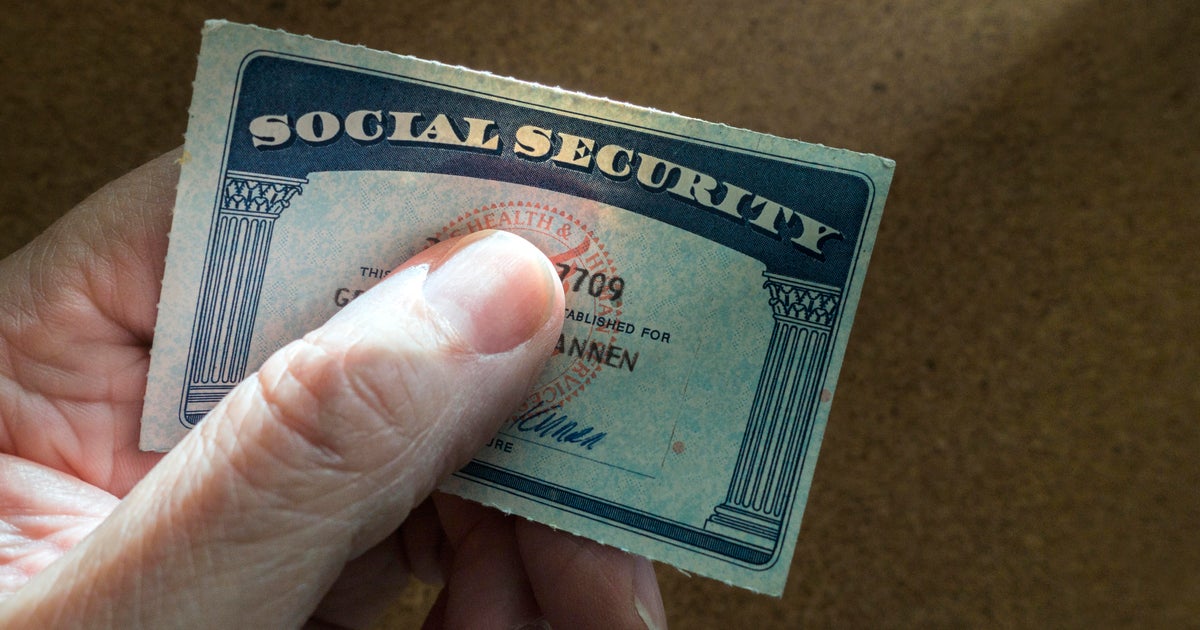October 17, 2025 — 5:00am
Who’s to say what we can and cannot do as travellers? Well, plenty of people. Everyone from federal governments to town councils and business owners can stipulate how you behave in certain places on pain of fines, deportation or imprisonment.
Perhaps the most infamous law is Singapore’s continuing 1992 ban on chewing gum, though technically speaking, chewing the gum isn’t illegal, only its importation.
Sweden has just overturned a much-mocked 1930s law that required a permit to dance in a bar. Kissing in public is illegal in Dubai and Qatar, and frowned upon in many other countries.

But while some laws are broken at your peril, other rules aren’t as hard-and-fast as they might seem. If travel should challenge your ideas, perhaps it should challenge your notions of what you should and shouldn’t do as well. Here are a few top so-called travel rules that aren’t always clear-cut.
The rule: Don’t mention the war
The case for Only the indelicate would launch into discussions of sensitive topics from religion to politics with random strangers, and even many Americans these days are anxious to steer clear of current affairs. War is the hottest topic of all, and should be left unexplored until one is better acquainted. Even old wars are best skated over: the Japanese do a dismal job at recognising World War II history, with the tone of museums in Hiroshima and Nagasaki bound to annoy some visitors.

The case against Australians touring World War I battlefields and cemeteries in Flanders and Turkey will receive nothing but positive reactions. The Vietnamese are amazingly gracious about their war, and Argentinians are eager to talk about the Falklands War, if only to set you straight. And everyone from Americans to Chileans is happy to talk about – and showcase – a war of independence.
What we say Kudos to Germany for not brushing history aside and for retaining concentration camps as memorial sites, as well as for scattering their nation with numerous memorials to the Jewish and other victims of World War II, such as the Holocaust Memorial in central Berlin with its powerful exhibits. See germany.travel
The rule: Please don’t dress to unimpress

The case for Be aware of cultural sensitivities and dress modestly, especially in places such as churches and temples. Be extra careful in conservative countries – bikini wearers have been fined in the Philippines and Maldives – but even in Europe, authorities from Croatia to France have been cracking down on visitors flaunting their wobbly bits beyond the beach. Even fully clad tourists – to wit, rowdy male partygoers dressed as nuns in Crete – have been fined for offensive behaviour.
The case against Hmm, no, it’s always true, and caution should extend to wearing items that may seem fun to you but have a particular meaning for marginalised or religious groups. What is an amusing costume to you might be traditional attire to others. Avoid sombreros, Native American headdresses, and grass skirts with coconut bras. And don’t dress as a Hindu goddess: here’s looking at you, Heidi Klum.
What we say The Japanese have no issue with foreigners (respectfully) wearing kimonos. Many tourist destinations rent basic versions, with Ishikawa the best place for men and women to look the full, formal part right down to split-toe socks. See ishikawatravel.jp
The rule: Keep off the grass
The case for You can be fined for walking on lawns almost anywhere: $US50 ($75) in New York City, for example, or the odd amount of €25.82 ($45.68) in Pisa. Three friends in Kampala in Uganda were recently given two weeks’ prison and a UGX150,000 ($66) fine by a judge irate at the city’s disappearing green strips. Oh, and best keep off that other grass (marijuana) in draconian destinations from Dubai to Singapore and Indonesia – including perhaps more unexpected places such as Slovakia or Texas.
The case against Read the signs and you’ll always find somewhere to walk or picnic on the grass. Meanwhile, a handful of countries have legalised recreational marijuana: Canada, Czechia, Georgia, Germany, Luxembourg, Malta, Uruguay and South Africa, plus some states in Australia and America. The smell of weed wafts over you as you ride chairlifts in Colorado ski resorts.
What we say The Netherlands is most famously weed-tolerant although technically marijuana possession is illegal, and new regulations are making it harder for foreigners to use the country’s infamous coffee shops in certain places. See holland.com
The rule: Don’t dine early in Europe

The case for Mediterranean and Balkan peoples aren’t likely to dine until 8pm, and the Spanish, who keep a vampire’s schedule, until 10pm. Any earlier and the only restaurants open are likely to be tourist traps, so adjust your habits or miss out on good food and a local ambience. In the meantime, stave off starvation with tapas and other European equivalents, eaten earlier over bar drinks.
The case against Northern and Eastern Europeans dine much earlier, with Norwegians and Finns the champions of early eating for those ready with a fork at 6pm or earlier. In good news for the early bird, average dinner times have been getting earlier across Europe, and Spain’s Minister of Labour sparked a debate when she called her nation’s restaurant hour’s “unreasonable” and “madness”.
What we say Your hunger and budget are better served by having a menu-of-the-day special at lunchtime. Think about picnics if you must dine early. In France, brasseries and cafes are typically open all day, unlike restaurants that close in the late afternoon. Look, too, for service continu establishments. See france.fr
The rule: Be sure to snap, chat, and tik your tok

The case for Like a tree falling in the forest, you haven’t been if you haven’t struck a pose and posted it on social media. Few of us can resist. Japan is currently the most talked-about destination on social media. Social media has turned destinations such as blue town Chefchaouen in Morocco, Bolivia’s salt plains and Antelope Canyon in Arizona into bucket-list sights. The effect isn’t always good: some argue that the unrealistic, perfect lifestyles depicted lead only to disappointment.
The case against Maybe you should lay off the smartphone. Distracted travellers have been killed after falling off cliffs, waterfalls and even kerbs (into oncoming traffic) while chasing the perfect Insta shot or TikTok video. Others have attracted condemnation for hanging out of trains. Internet stunts such as posing in temples in destinations such as Indonesia have seen travellers deported or fined.
What we say The rise of digital-detox getaways shows many of us yearn for the simpler life, and you can find it without a long-haul flight in Queensland, which has numerous switched-off retreats for soul rather than social-media searching. See queensland.com
The rule: It’s rude to go nude

The case for Legions of bare-butt influencers shedding clothes in inappropriate places has led to crackdowns in Bali and Thailand. In 2015 German, Dutch and Canadian tourists got naked atop Malaysia’s sacred Mt Kinabalu and were briefly jailed and fined MYR5000 ($1623) each. Beware even in bare-bosomed Europe, where tourists have been fined thousands of euros for antics such as flashing their derrieres in “beautiful bottom” resort competitions in Greece.
The case against Germany and Switzerland have few laws against nudity, and stripping off isn’t uncommon in parks and on beaches, lake shores and balconies. You can go naked while hiking and camping in some places. Destinations noted for clothing-optional resorts and beaches include Florida, Spain, the Mexican Riviera and Brazil. It’s the norm to be naked in Japan’s hot springs.
What we say Scandinavia is tolerant of tops (and bottoms) off, and your best birthday-suit opportunity is to enjoy the ubiquitous sauna experience. There are 3 million saunas in Finland; Tampere, in the Finnish Lakeland, has 70 public saunas, giving it a claim as the world’s sauna capital. See visittampere.fi
The rule: Never rock the bling

The case for If you roam anywhere while sporting your Rolex or jewels, then you’re asking for unwanted attention, so dress down and stash anything you don’t immediately need in a concealed money belt or hotel safe. Brazil, Jamaica, South Africa and Mexico are among destinations where mugging is common, while other countries have pickpocketing hotspots that include Washington DC, Rome, Barcelona and Prague.
The case against Books actually are judged by their covers, and if you dress too informally in many places – especially when doing business – then you’ll be considered a trashy paperback and not taken seriously. Brand-name accessories impress in places such as China and Italy. If you want to blend in while fine-dining, upmarket window-shopping or opera-going anywhere, smart casual (with a jacket if male) is a minimum. Looking the part is integral to the local experience.
What we say Wear all the bling you like in little Monaco. Its ubiquitous security cameras will keep you safe. You’ll enjoy its posh hotels and upmarket restaurants more if you look the part, and you’ll never out-bling the eye-popping casino decor. See visitmonaco.com
The rule: Don’t cuddle the koalas

The case for Animals may appear cute, but you never know their mood or hunger level. Tourists have recently been killed or mauled by elephants in Zambia, tigers in Thailand, bears and bison in America, and dingoes in Australia. Don’t walk or swim without knowing what sharks, hippos, lions or jellyfish lurk. Leave any wildlife unmolested, uncuddled and unfed. You might be fined for feeding animals in some places: €500 ($900) for indulging the pigeons in Venice, for example.
The case against You’re welcome to feed the fish and turtles in Buddhist and Hindu temples, which conveys merit. Otherwise, volunteer in wildlife rescue centres or sign up in zoos (including Melbourne Zoo and Sydney’s Taronga Zoo) for “zookeeper for a day” or other animal experiences that allow for close but ethical animal encounters.
What we say The frolicsome sea lions of South Australia’s Eyre Peninsula choose to interact with humans in their own time and way, and will even wait off tour boats for participants to jump in. Guaranteed to bring a smile to even the most jaded of travellers. See southaustralia.com
The rule: Always respect the flag

The case for Flags are all about national pride and politics and most nations – even liberal ones such as Germany or France – have laws against disrespecting them. Do so and fines or jail time might result. Many Asian countries prevent flags being used on clothing or homeware, or flown anywhere where frivolity prevails, such as outside bars. In 2016, the “Budgie Nine” Australians who stripped to Speedos emblazoned with the Malaysian flag at the Malaysian Grand Prix were jailed for three days.
The case against Okay, a few countries let you do what you want with flags, including the US, Australia, Canada, Denmark and the UK – though you could be charged with other public-safety offences such as destruction of property or creating a nuisance. But why would you want to disrespect someone else’s source of pride?
What we say Who gives a toss? Well, in Italy and Switzerland flag-throwing is a traditional and competitive sport often seen at festivals. Medieval and Renaissance festivals in Tuscan towns such as Siena, Florence, Gubbio and Arezzo often feature spectacular flag-throwing displays. See myswitzerland.com, visittuscany.com
The rule: Never case an army base
The case for If you’re keen to get banged up abroad, snap pictures of military installations – and that can even mean sensitive civilian facilities such as bridges, harbours and airports in many countries. Two Instagram bloggers from Perth found that out the hard way in 2019 when they flew a drone near an air base in Iran and ended up in Tehran’s notorious Even Prison. Other photography enthusiasts have more recently been arrested in America, Greece and South Korea.
The case against There are military sites you absolutely should visit, from Hawaii’s Pearl Harbour to Normandy’s landing sites and Switzerland’s decommissioned underground bunkers. Museums add context, such as our own National Anzac Centre in Albany in Western Australia and the Sir John Monash Centre near Amiens in France.
What we say Few nations cover war quite as well as the US, starting with the National World War I Museum and Memorial in Kansas City and National Naval Aviation Museum in Pensacola, Florida. Every military branch has a national museum: the Infantry (at Fort Benning, Georgia), Air Force (Dayton, Ohio), Marine Corps (Quantico, Virginia). See visittheusa.com.au
The rule: Don’t borrow or burgle from another culture
The case for Cultural appropriation is a bad look. It’s disrespectful to adopt another culture’s symbols or behaviours for your own entertainment, social-media amusement or profit while making no effort to otherwise understand them, especially if that culture is marginalised or poor. Fake Aboriginal art or a Hindu tattoo, not good. In places such as Sri Lanka and Thailand you can be deported, fined or jailed for disrespecting Buddhist images.
The case against While you should never appropriate, you can borrow away if your intentions are good and your hosts aren’t offended. Nobody has an issue with your participation in a Japanese tea ceremony, learning to play an Indonesian xylophone, or paddling a dragon boat. Travel that broadens our mind and connects us with others is always a good thing.
What we say South Korea’s official temple-stay program will let you learn about Korean Buddhist history and culture and might include meditation sessions, cooking classes and other activities. You’ll have to eat vegetarian food and get up at the crack of dawn, however. See templestay.com
Five travel rules we’d like to see
Do a one-day digital detox
On a single day of our holiday – just one day – we should be obliged to abandon our phone and live the old-fashioned way: paper maps, uncertain routes, conversations with actual people, views admired without an intervening lens.
Never use a megaphone
In the increasingly packed-out tourist space, who needs tour guides screeching through megaphones? The earpieces used by considerate tour companies should be universally imposed. Punishment for ignoring the rule? Visiting yet another church.
Don’t ask silly questions
Mother’s maiden name? Education level? Other countries visited in the last decade? First, mind your own business. Second, how do such visa and immigration questions qualify me for tourism? Third, I could (and do) make up the answers. Give up the pointless bureaucracy.
Stand back from the baggage carousel
The much complained-about habit of crowding the carousel just never goes away. What’s the solution? Violators could be sent to Japan for rehabilitation. Or zapped by a cattle prod if they cross the line before their suitcase is in sight.
Sick? Then wear a mask
How little humans have learned from the two miserable coronavirus years. It never occurs to the sick and selfish to wear a mask in crowded spaces – or even cover their mouths while coughing. Nobody else wants their holiday or health spoiled, thank you.
What are the rules with these rules?
Saying hello in France
This is a good rule to live by: the French even greet other walkers and hikers in passing. It’s imperative when entering a small shop, cafe or boulangerie to say bonjour. The French are much friendlier than the stereotype, if only you are, too.
Smiling in Eastern Europe
True in the sense that Eastern Europeans consider that smiling strangers are inane, insincere or even suspicious. A more neutral expression is the cultural norm rather than a sign of rudeness, grumpiness or dislike. When happy or amused, or with familiar people, you can grin away.
Correct chopstick usage in China and Japan
As with any other eating utensil, pointing, playing with or licking your chopsticks is poor manners. So is resting them by sticking them into the food and, especially, your rice bowl: use the chopstick rest or lay them across the bowl’s rim.
Not touching feet in Thailand
This is more internet fancy than cultural reality, as anyone who has endured a wince-inducing Thai foot massage knows. Thais will ceremoniously touch the feet of revered elders and monks. Putting your feet up on tables or chairs will, however, offend.
Drinking milky coffee after midday in Italy
Nobody will arrest you if you want a later latte or cappuccino. Italians themselves (especially in the north) drink them as an afternoon pick-me-up accompanied by a pastry. Italians will, however, avoid milky coffee during or after a meal, other than breakfast.
Sign up for the Traveller Deals newsletter
Get exclusive travel deals delivered straight to your inbox. Sign up now.
Brian Johnston seemed destined to become a travel writer: he is an Irishman born in Nigeria and raised in Switzerland, who has lived in Britain and China and now calls Australia home.



















































